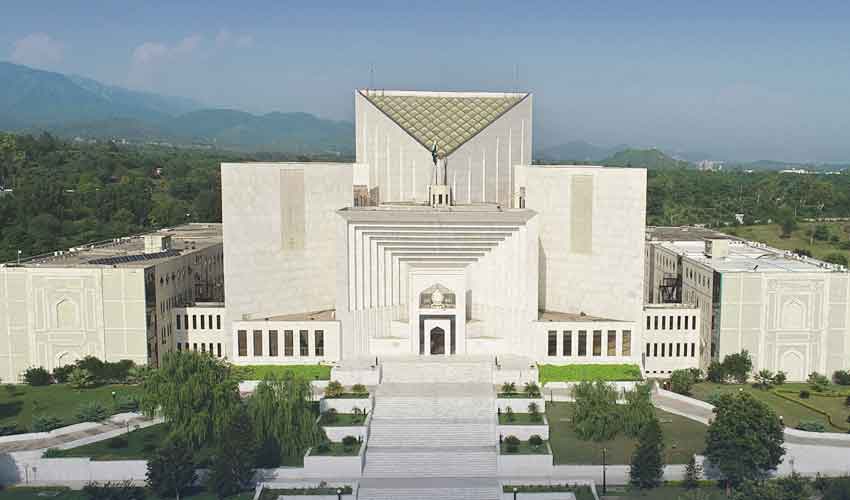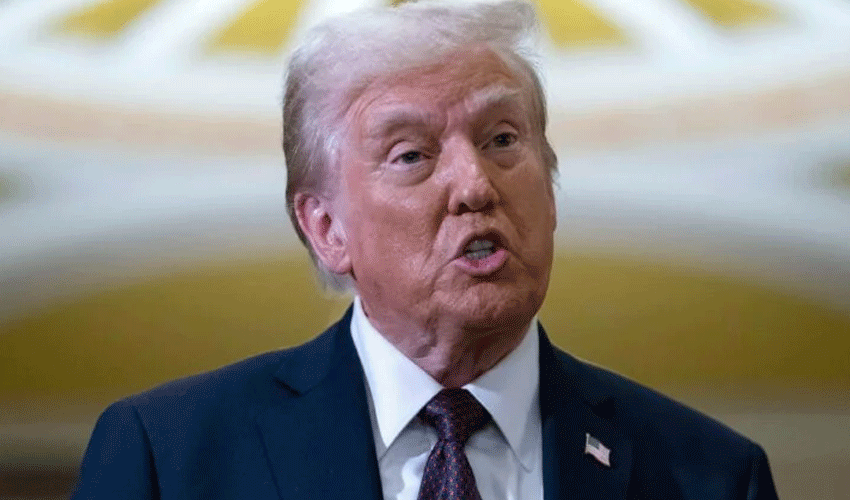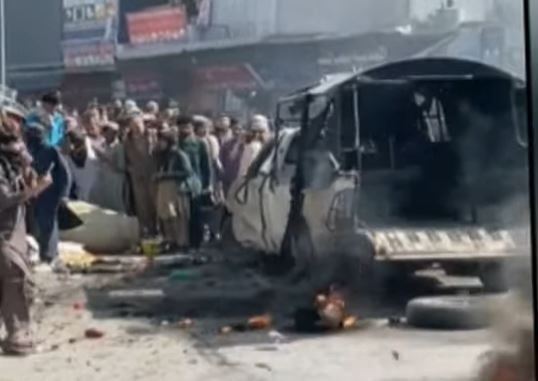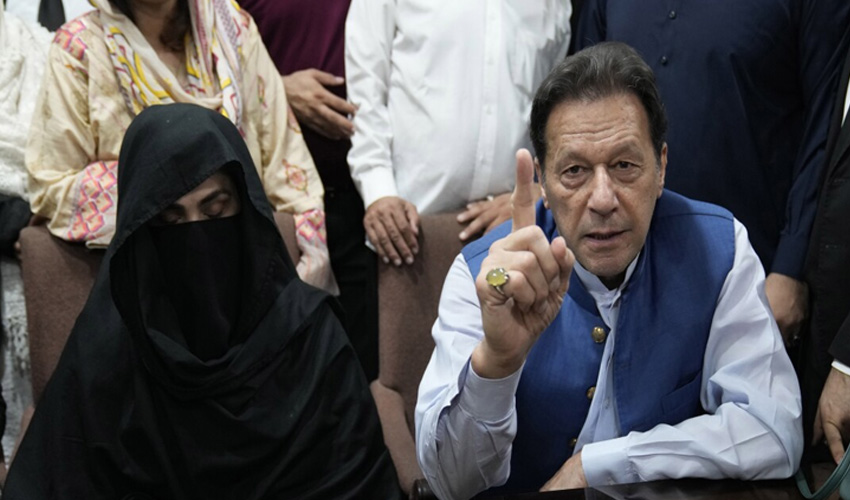The federal government on Wednesday filed a petition in the Supreme Court to dismiss the petition filed by the Sunni Ittehad Council (SIC) for reserved seats in the assemblies.
In a reply submitted by the Attorney General of Pakistan, it was argued that the Sunni Ittehad Council neither participated in the recent elections nor provided the required list for reserved seats.
The Attorney General maintained that the decision of the Peshawar High Court, which dismissed the Sunni Ittehad Council's appeal, should be upheld.
He emphasised that according to the law, only political parties that participate in elections and win at least one seat are eligible for reserved seats. These reserved seats are specifically allocated for minorities and women to ensure their representation and importance in society.
The Attorney General explained that the allocation of reserved seats follows a strict formula and requires the submission of a list by the participating political parties before the elections.
He pointed out that parties like the Pakistan Muslim League-Nawaz (PML-N) and Pakistan Peoples Party (PPP) adhered to this requirement, while the Sunni Ittehad Council did not.
Sahibzada Hamid Raza - Chairman of the Sunni Ittehad Council - was neither elected as a member of the Assembly nor did his party become part of the Parliament after the elections.
The Attorney General argued that independent candidates who join a political party after being elected can only become part of that parliamentary party after taking the oath in the National Assembly. This was not the case with Sahibzada Hamid Raza or his party.
Furthermore, the Attorney General highlighted that the Sunni Ittehad Council did not present its manifesto to the electorate before the elections.
He asserted that allowing the Council to secure reserved seats through the backdoor would undermine democracy and weaken the political parties that actively participate in the electoral process.
The response also clarified that reserved seats for minorities and women are intended for political parties that provide a list for scrutiny, not for independent candidates or parties that do not participate in the elections.



























